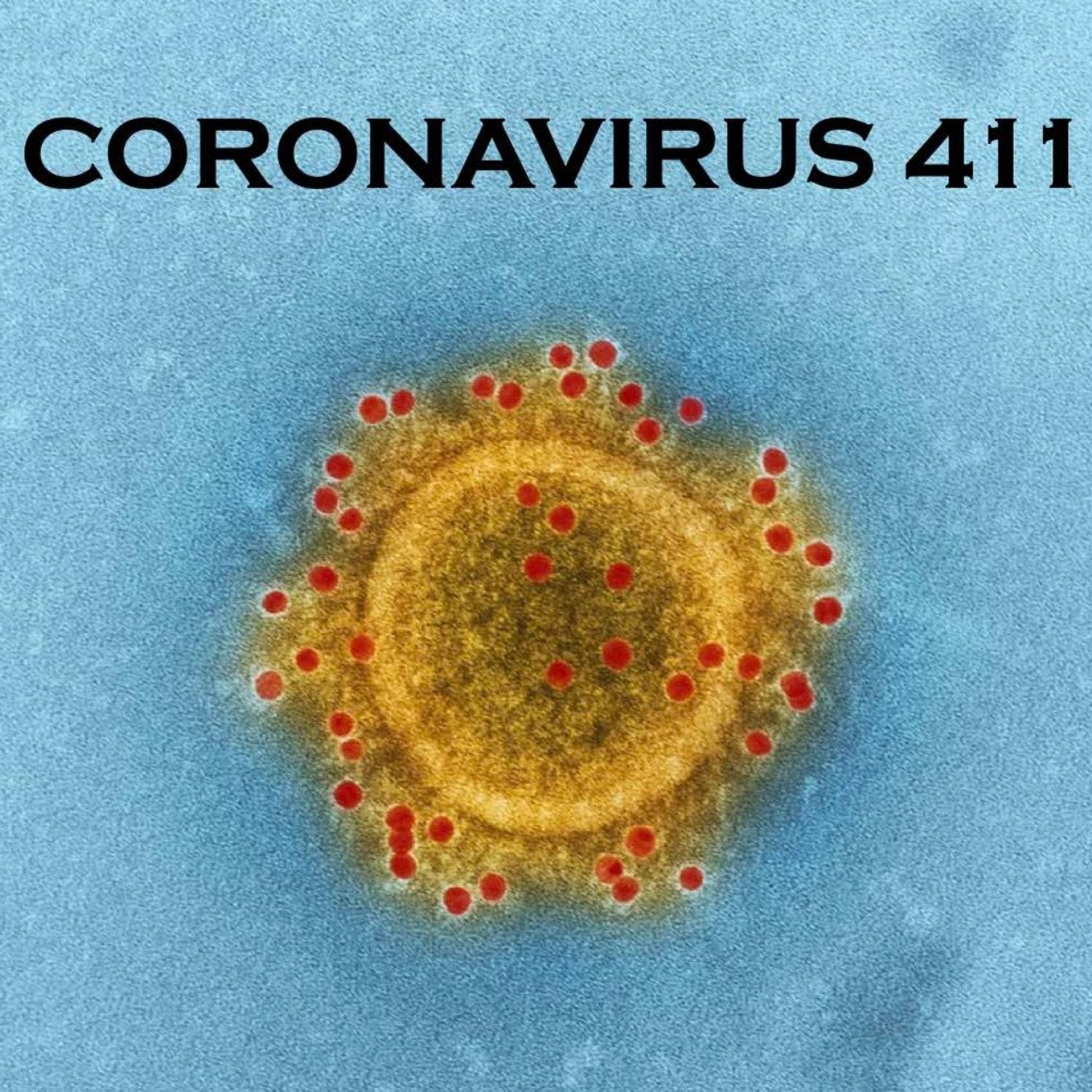
The COVID-19 pandemic has impacted us all, but new research indicates it's been particularly harmful to young adults.
A University of California San Francisco study released this week found that 48% of young adults suffered mental health symptoms during the pandemic, and nearly two-thirds of those people were unable to access appropriate treatment.
Researchers collected the data from June, 2021, through early July, 2021, and surveyed 2,809 adults ages 18 through 25.

Dr. Sally Adams -- PhD, RN, specialist in UCSF's Division of Adolescent and Young Adult Medicine and co-author of the study -- said that even before the pandemic, mental health issues were more pronounced for young adults, and that situation was only made worse by the last two years.
"Having the restrictions of social distancing, not meeting in groups, those are things that young adults specialize in and are important in their development and their relationship formation," said Dr. Adams. "That was very difficult. I think to some extent it’s eased up at this point, but not completely."
"Young adults have a lot of developmental tasks and activities going on in their young adult ages," she continued. "Socializing, building bonds with people, and all those things pretty much got pushed to the side during the lockdown and COVID."
Dr. Adams said the mental health system has been overwhelmed throughout the pandemic, causing the current need for mental health services to far exceed the system's capacity to provide them. Out of the 48% of respondents who said they experienced mental health symptoms, only 39% said they received any treatment, through either medication or counseling, leaving 61% untreated.
"It's very difficult to find therapy right now, online or otherwise," said Dr. Adams, "and it's very troubling. The waitlist can be months long."
The study also revealed that young female adults have a greater unmet need than males.
While the rates of mental health symptoms in this study are high, they are a decline from a CDC study that found 63% of young adults were experiencing depression or anxiety a year earlier in June, 2020, the first year of the pandemic.
LISTEN on the Audacy App
Sign up and follow Audacy
Facebook | Twitter | Instagram

